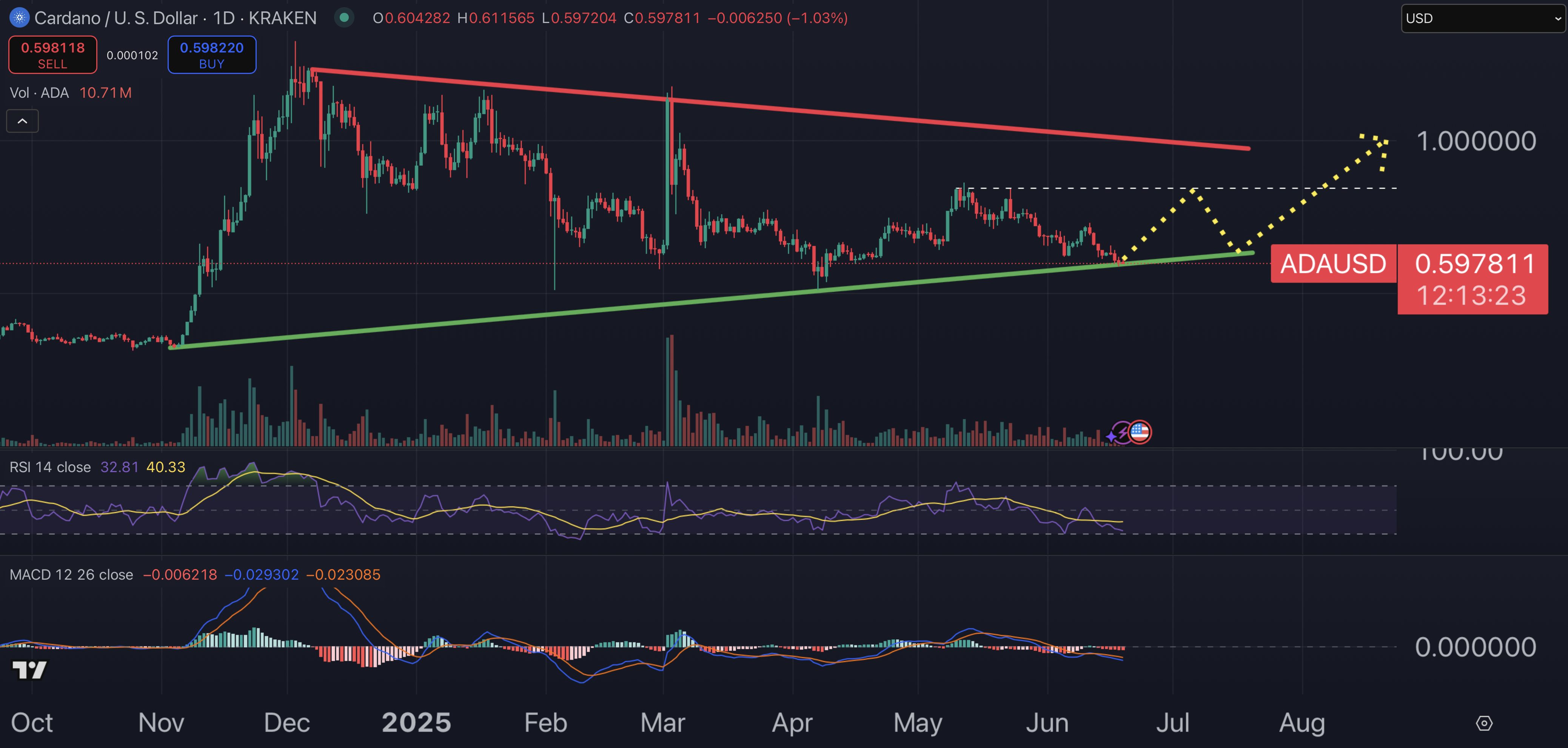A group of House conservatives opposed Speaker Mike Johnson’s new standalone $17.6 billion Israel aid package because it isn’t fully paid for with offsetting spending cuts, signaling that Democratic support for passage will be needed.
In a statement Sunday, the House Freedom Caucus Board called it “extremely disappointing that Johnson is now “surrendering to perceived pressure to move an even larger but now unpaid for” package. The House passed a fully-paid-for $14 billion Israel funding bill in November over Democratic objections to cuts to the Internal Revenue Service.
The HFC is a caucus of more than three dozen conservatives. The board statement suggested that Congress pay for emergency aid to Israel by cutting funding for the United Nations, repealing the IRS expansion, rescinding the Department of Commerce “slush fund,” or ending what it called climate-change tax credits.
Johnson unveiled the new bill on Saturday, saying it will be brought to a vote this week. He said the move is needed to get aid to Israel quickly in its battle with Hamas in the Gaza Strip. He reiterated Sunday in an appearance on NBC’s Meet the Press that there’s no time to wait for a broader, bipartisan package anticipated Sunday night from the Senate, which combines aid to Ukraine and Israel with border security provisions.
Some Democrats in the narrowly divided House have indicated they could support Johnson’s new bill.
In a letter to fellow Democrats on Sunday, House Minority Leader Hakeem Jeffries said there’s “reason to believe that this eleventh-hour standalone bill is a cynical attempt to undermine the Senate’s bipartisan effort.” He blamed pressure by former President Donald Trump to stymie border security legislation from the Senate and aid to Ukraine.
“I look forward to a robust discussion upon our return to Washington over the next few days about the best path forward,” Jeffries wrote.
Johnson’s bill includes funds for Israel’s Iron Dome and Iron Beam missile defense systems, funds for U.S. military operations in the Middle East and enhanced protection for U.S. personnel at embassies.
Credit: Source link











